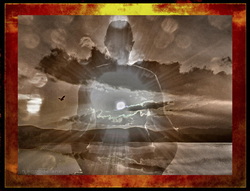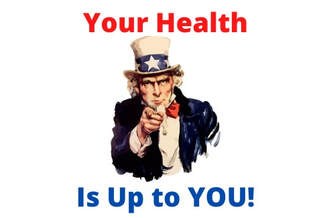The truth is coming out, and the truth is that fat was never the culprit in the diseases it has been condemned for causing. In fact, there are many positive health benefits to eating reasonable amounts of good fats.
But what are "good fats"? How do you find them, and how do you tell if the ones you find are good or bad? After all, there's nothing on the label that tells you if the fat is good or bad for you, is there?
Actually, there is. The way in which a fat is processed can tell you a lot about whether it is a healthy substance to consume, or an unhealthy one - devoid of nutrients, or even downright harmful.





 RSS Feed
RSS Feed